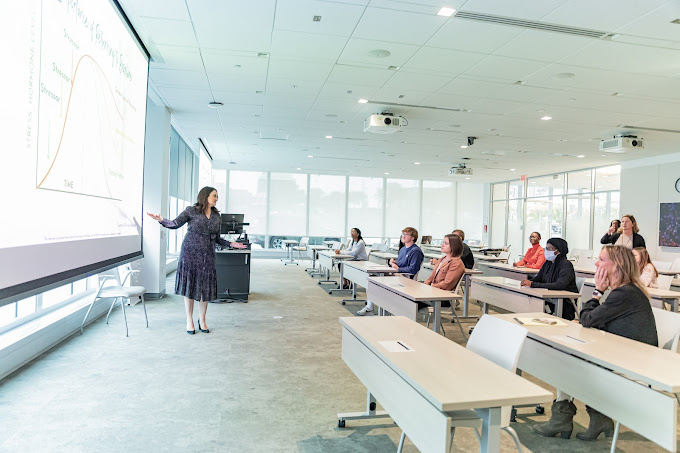Osher Center for Integrative Health at the University of Cincinnati

Integrative Health combines conventional medicine with evidence-based complementary therapies, such as mindfulness approaches, acupuncture, massage therapy, and yoga therapy. The Osher Center for Integrative Health at the University of Cincinnati offers many therapies at no cost and others at a minimal cost.
Lifestyle Medicine Consultation: One-on-one discussion with a physician, focusing on your overall wellness, health history, physical activity, sleep, and stress reduction techniques. Your physician will guide you through developing an individualized plan for your health and wellness.
Group Medical Visits: Group medical visits take a group approach to healthcare. Small groups of patients meet regularly in addition to one-on-one assessments with their providers. Group visits allow patients to become more informed and confident in making healthy choices, all while building a community and support system.
Acupuncture Therapy: Acupuncture has been shown to help with many conditions, including pain syndromes, cancer treatment-related side effects, gastrointestinal disorders, addictions, and headaches.
Massage Therapy: Massage therapy uses touch to promote relaxation for physical and psychological healing. A licensed massage therapist works one-on-one with a patient to manipulate muscles and tissues of the body to aid in healing and recovery.
Mind-Body Therapies: Mind-body therapies are designed for you to pause and practice mindfulness. The benefits of a regular mindfulness practice can include decreased stress and anxiety, increased focus and concentration, and improved sleep, communication, relationships, and physical well-being.
Movement-Based Therapies: Movement-based therapies including tai chi and yoga incorporate controlled breathing – which helps reduce stress and anxiety.
Culinary Medicine: Culinary medicine is an educational and nutritional approach to improving eating behaviors and overall health by focusing on food shopping, storage, and meal preparation skills.
Music Therapy: Listening to and making music can help us change our emotional state, improve our moods, and even help us manage stress. Music is truly one of the only mediums that gives our brain a full workout. It requires us to be present with ourselves while encouraging us to be in relationships with others, both key components of healthy lifestyles and wellness.
For more information, or to sign up for a class, visit uchealth.com/integrative/.


